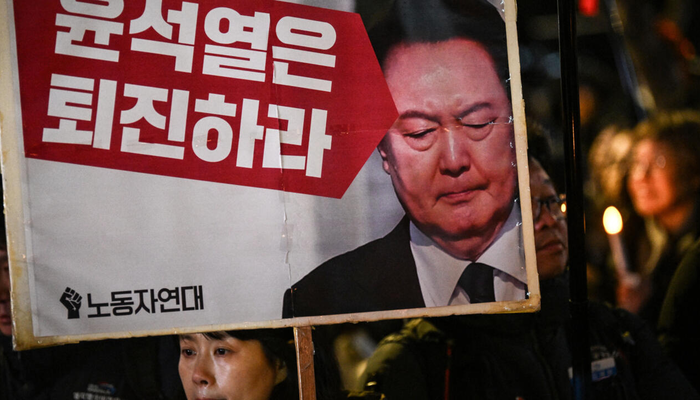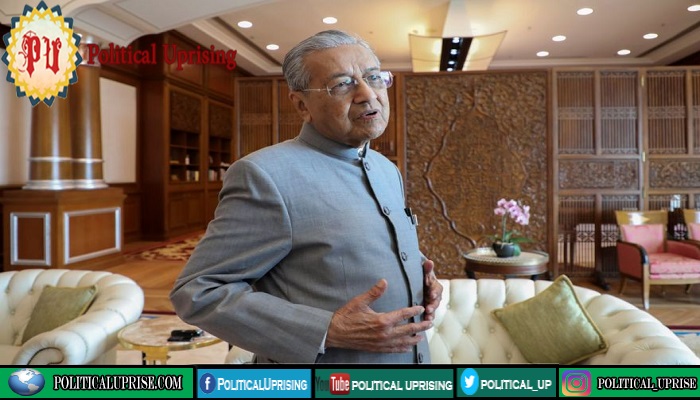As megaprojects dominate the narrative, people-to-people ties between Pakistan and China are quietly building a legacy of shared understanding and mutual respect.
By Aoon Sherazi
Beijing – Global analysts often fixate on billion-dollar infrastructure deals and strategic alignments between Pakistan and China, a quieter but perhaps more enduring bond is taking root—one forged not by diplomats or generals, but by students, artists, and everyday citizens.
In cities and towns across both nations, cultural exchange is quietly flourishing, breathing life into a relationship traditionally defined by policy documents and economic frameworks.
The cultural connection between China and the South Asian subcontinent predates modern borders. For centuries, the Silk Road served as a bridge not just for goods but for ideas and philosophies. Monks from ancient Gandhara once journeyed eastward, while Chinese pilgrims like Faxian and Xuanzang ventured into the subcontinent, creating a shared heritage that today finds new relevance.
That ancient legacy is being revived—not by caravans, but by cultural institutes, student exchanges, and joint festivals that continue to build goodwill between the two nations.
China Strikes Back with Tariffs, Markets Shaken as US-China Trade War Deepens
In recent decades, both governments have signed cultural cooperation agreements aimed at promoting bilateral exchange. But real transformation occurs when these formal accords translate into community engagement.
Chinese cultural festivals, calligraphy exhibitions, and film screenings have become increasingly common in cities like Islamabad, Lahore, and Gilgit. The challenge now is expanding these efforts into rural regions and public-sector universities, where exposure remains limited.
“If cultural diplomacy is to succeed, it must move beyond the city centers and reach communities who have had little exposure to either language or history,” Sherazi observes.

Education has emerged as one of the strongest pillars of Pakistan-China cultural ties. Each year, hundreds of Pakistani students pursue degrees at Chinese universities—many under fully funded scholarships. For these students, China becomes more than a place of study—it becomes a second home.
“They return with more than just academic qualifications—they carry friendships, traditions, and a broader worldview,” says Sherazi.
While fewer Chinese students study in Pakistan, those who do often speak warmly of the hospitality and cultural familiarity they encounter. These exchanges, Sherazi notes, create “human bridges that outlast shifting geopolitical winds.”
The growth of Confucius Institutes across Pakistan has played a significant role in promoting Mandarin language education and Chinese cultural understanding. From cooking classes to poetry readings, these centers offer glimpses into the Chinese way of life.
Beijing warns UK interfering HK affairs will backfire
Interestingly, several Chinese universities have recently begun offering Urdu language courses, reflecting growing Chinese interest in Pakistan’s culture. “Language is more than communication,” Sherazi writes. “It’s a vessel of worldview.”
To understand Chinese culture is to engage with a civilization that values balance, wisdom, and social harmony. Rooted in Confucian, Daoist, and Buddhist traditions, Chinese customs emphasize family, discipline, and national pride.

From martial arts to music, from the Mid-Autumn Festival to the Spring Festival, Chinese society honors both tradition and modernity—a dynamic that resonates with many in Pakistan.
“There is admiration not just for what Chinese culture looks like, but for how deeply it is cherished by its people,” Sherazi notes.
The explosion of digital platforms such as YouTube, TikTok, and WeChat has opened a new front in cultural exchange. Young Pakistanis are consuming Chinese content—and vice versa—at an unprecedented rate, often bypassing traditional media.
Yet, Sherazi cautions that digital diplomacy comes with risks. “Algorithms can divide as easily as they connect. Misinformation can undo years of goodwill. In this arena, authenticity and empathy are more important than ever.”
Pakistan and China Discuss Enhanced Security Measures for Chinese Nationals
As policymakers continue to emphasize economic and strategic cooperation, Sherazi argues that the foundation of a truly lasting partnership lies in the softer, slower process of cultural understanding.
“Cultural diplomacy is not about slogans or ceremonies. It’s about continuity, patience, and people,” he writes. “It’s about the Pakistani student celebrating Lunar New Year in Chengdu, the Chinese professor quoting Iqbal in Islamabad, or the joint film crew capturing stories along the Karakoram Highway.”
In a region often defined by conflict and mistrust, these quiet stories of connection may be writing a more hopeful chapter in South Asia’s future.
By Aoon Sherazi
He is a senior Pakistani journalist and analyst specializing in foreign affairs, particularly Pakistan-China relations. He is the author of a book on international law and frequently appears on national media to provide commentary on international political dynamics.



